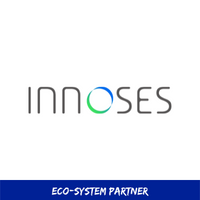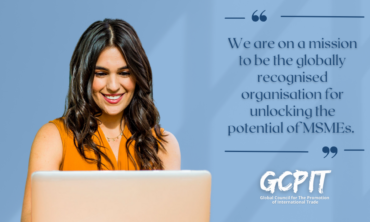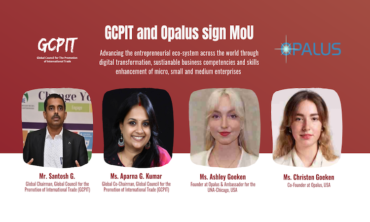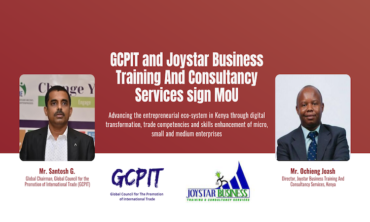GSDM : Global Sustainable Development Mission
Sustainable development is a guiding principle for achieving human development goals while preserving natural systems’ capacity to provide the natural resources and ecosystem services that the economy and society rely on.
While micro, small, and medium-sized businesses (MSMEs) may appear small in comparison to large corporations, they have a significant impact on employment, economic growth, and sustainability. In general, SMEs outnumber large corporations while contributing significantly to global economic growth and job creation, particularly in developing countries.
According to World Bank data, SMEs account for approximately 90% of businesses and 50% of global Gross Domestic Product. Additional calculations by the World Bank indicate that SMEs have the potential to generate the 600 million jobs required to absorb the global workforce by 2030.
The SDG targets are high and require a change in public and private activities. New business models, new innovation/technology, and more sustainable and ethical business practices are all results of this transformation. Opening up new business opportunities for the private sector, MSMEs in particular benefits. It is expected that sustainable business models will open more than $12 trillion in global GDP, 380 million jobs, and have more than half of them located in developing countries. Opportunities for MSMEs have been found under each goal, Global Sustainability Development Summit will focus on business examples and SDG-supporting good practice initiatives relevant to MSMEs.
This critical agenda cannot be realized without meaningful engagement from business
Business implications
From a business perspective, the SDGs impact four key pillars:
Ignorance is costly.
Inaction on the SDGs has a growing business cost as rising environmental and social burdens stifle future growth. Not integrating the SDGs strategically also poses a regulatory and reputational risk as governments incorporate the SDGs into national policy and stakeholders look to business for meaningful engagement.
Aligning business strategies with SDGs
Companies that can offer SDG-relevant technologies and solutions through sustainable and inclusive business models will be highly rewarded. Companies that align with the SDGs will also be able to build trust among governments, shareholders, and customers.
No single company can achieve the SDGs.
Normalcy will not achieve the SDGs, nor will a few pioneers. This agenda will require cross-sector, supply chain, and economic system collaboration, as well as innovative partnerships with governments and civil society.
Better data = better choices
The SDGs change governance and transparency. Better information equals better decisions; the market is increasingly moving towards disclosing and pricing sustainability risks and impacts.


























